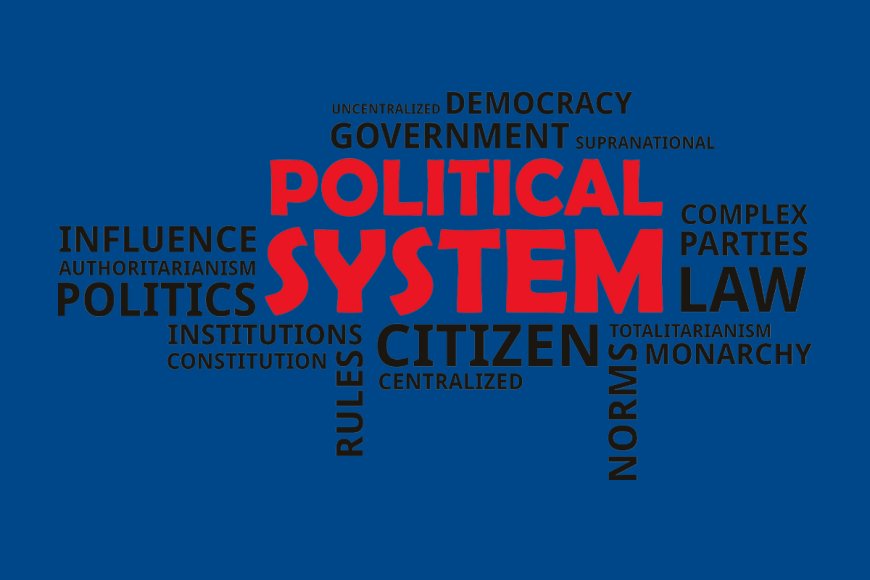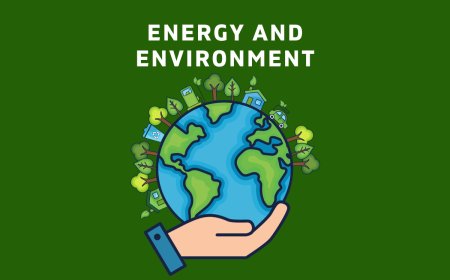Politics & Political Systems
Political Parties

Politics is a realm intrinsically intertwined with the dynamism of society, and at its core lie the entities known as political parties. These factions are not just organizational structures but bastions of ideologies, wielding substantial influence in shaping the destiny of nations.
Introduction to Political Parties
Definition and Purpose
Political parties are organized groups of individuals sharing similar political ideologies, aiming to attain political power and influence public policies. They serve as platforms for citizens to engage in the political process, representing diverse societal interests.
Historical Context
The inception of political parties dates back centuries, evolving from informal factions to structured entities during critical junctures in history. From the Whigs and Tories in Britain to the emergence of modern-day parties globally, their evolution mirrors the evolution of societies.
Types of Political Parties
Major vs. Minor Parties
Political parties are often categorized as major or minor based on their influence in the electoral process. Major parties tend to dominate politics, while minor parties focus on specific issues or regions.
Ideological Parties
Some parties align with distinct ideologies, ranging from liberalism to conservatism, socialism to nationalism, shaping their policies and agendas accordingly.
Single-Issue Parties
Focusing on a singular agenda, single-issue parties revolve around specific causes like environmentalism or civil rights, garnering support based on their core agenda.
Functions of Political Parties
Representation and Advocacy
Political parties serve as vehicles for citizens to have their voices heard. They represent diverse segments of society, advocating for policies that resonate with their constituents.
Policy Formulation
Parties play a pivotal role in shaping public policy. They craft and propose legislative agendas, influencing decisions in governance and policy-making.
Political Participation and Engagement
Encouraging political participation, parties engage citizens in the democratic process, fostering awareness, and mobilizing support for their causes.
Evolution of Political Parties
Early Development
Political parties evolved from informal groups to organized entities during historical transitions, aiming to consolidate power and represent varied interests.
Transformation Over Time
These entities underwent significant transformations, adapting to societal changes, technological advancements, and ideological shifts.
Modern Trends
In contemporary times, parties have diversified their strategies, utilizing social media and data-driven campaigns to reach a broader audience.
Influence and Impact of Political Parties
Electoral Process
Parties are central to elections, fielding candidates and presenting their agendas, thereby shaping the choices available to voters.
Governance and Policies
Upon securing power, parties implement their policies, significantly impacting governance, public services, and socio-economic development.
Societal Implications
Parties' ideologies and policies influence societal values, fostering debates and shaping the cultural and social landscape.
Challenges Faced by Political Parties
Internal Divisions
Conflicting ideologies within parties often lead to internal strife and challenges in presenting a unified front.
Political parties stand as fundamental pillars in the democratic fabric of nations, wielding influence, shaping policies, and representing diverse societal voices. Their evolution, challenges, and future adaptations underscore their crucial role in the ever-evolving landscape of politics.
What's Your Reaction?




























































































